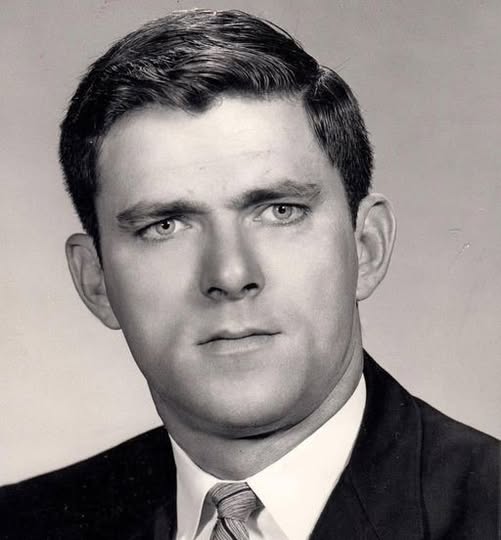Phil Donahue, the legendary figure who forever changed the landscape of daytime television, passed away peacefully on August 18 at the age of 88, surrounded by his devoted wife of 44 years, Marlo Thomas, and their loving family. Known for his trailblazing approach to talk shows, Donahue wasn’t just a host—he was a conversation starter, a boundary breaker, and a voice of empathy when it was most needed.

His presence in American media left a mark that continues to shape how we approach televised discourse today. Donahue’s career began in the late 1950s, but his most significant contribution came in 1970 with the debut of The Phil Donahue Show. Unlike anything audiences had seen before, his show introduced a fresh format that invited studio audience members to speak their minds, creating a two-way dialogue rarely seen on TV at the time. But Donahue didn’t stop at shaking up the structure of talk shows—he pushed the boundaries of what could be talked about. Tackling tough and often controversial issues such as women’s rights, mental health, racism, religion, and the Vietnam War, he brought social concerns into America’s living rooms long before it became the norm. His ability to approach these sensitive topics with compassion and sincerity made viewers feel both heard and understood, and his guests—no matter how famous or unknown—were treated with equal respect and genuine curiosity.
His relaxed, unscripted, and human approach became a blueprint for many future broadcasters. Oprah Winfrey herself credited Donahue as a key influence in the way she shaped her own career and style, and it’s no exaggeration to say that without Phil Donahue, daytime TV would look very different today. His legacy isn’t just in his success but in the dignity he brought to the format. Over the span of his career, Donahue earned 20 Emmy Awards and was honored with the prestigious Presidential Medal of Freedom for his profound contributions to media and public dialogue. These accolades weren’t just about ratings—they were about the impact he had on hearts and minds.
Whether he was moderating a debate or listening to a tearful caller, Donahue always approached his role with warmth, intelligence, and an openness that made people feel safe to speak their truth. Beyond the camera, those who knew him personally described him as a man of deep integrity, quick wit, and genuine compassion. He didn’t just talk about empathy—he lived it. His endless curiosity wasn’t limited to professional matters; it extended into his personal life, where he was a constant learner, listener, and advocate for causes he believed in. Donahue’s marriage to actress and activist Marlo Thomas was a testament to shared values and mutual respect. The couple was frequently involved in philanthropic efforts, including tireless work for St.
Jude Children’s Research Hospital, which was founded by Thomas’ father, Danny Thomas. In honor of Phil’s legacy, the family has requested that, instead of sending flowers, those wishing to pay tribute consider donating to two of his most cherished causes: St. Jude and the Phil Donahue–University of Notre Dame Scholarship Fund, which supports students pursuing media and communications with the same passion Phil exemplified. It’s hard to overstate the importance of Phil Donahue’s contributions. He didn’t just entertain—he enlightened. He didn’t avoid conflict—he leaned into it with grace and fairness. And he didn’t simply give people a platform—he gave them a voice. Even after his retirement, the echoes of his influence could be seen in the respectful, challenging, and emotionally intelligent conversations still occurring on talk shows today. Phil Donahue’s name may no longer be listed on the current TV schedule, but his spirit is woven into the fabric of modern media. He taught us that kindness and courage can coexist, that hard conversations are worth having, and that every person’s story has value. In that way, his legacy will live on, not just in the programs he created or the awards he won, but in every host who dares to listen, every show that prioritizes truth, and every viewer who feels a little more seen because of the path he paved.





